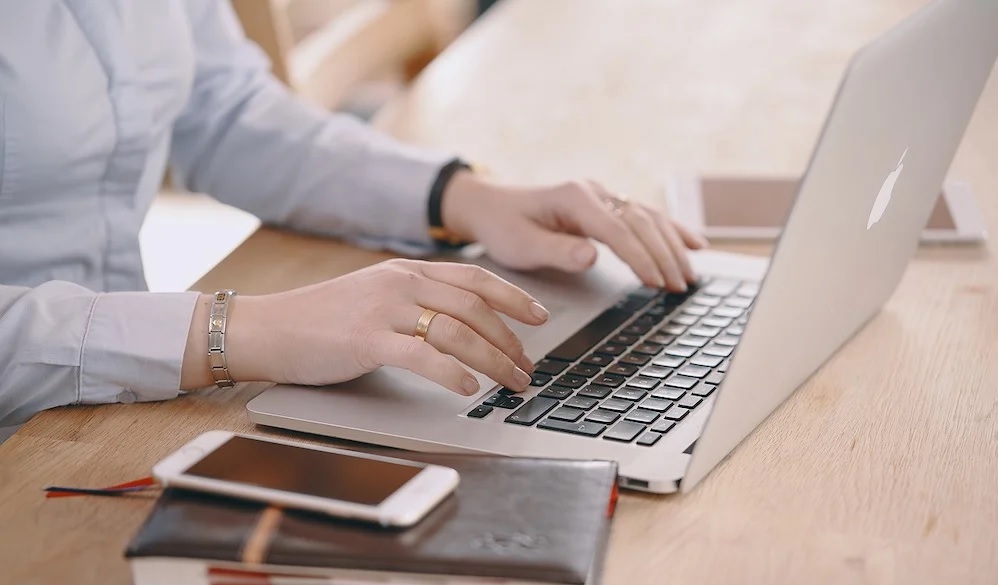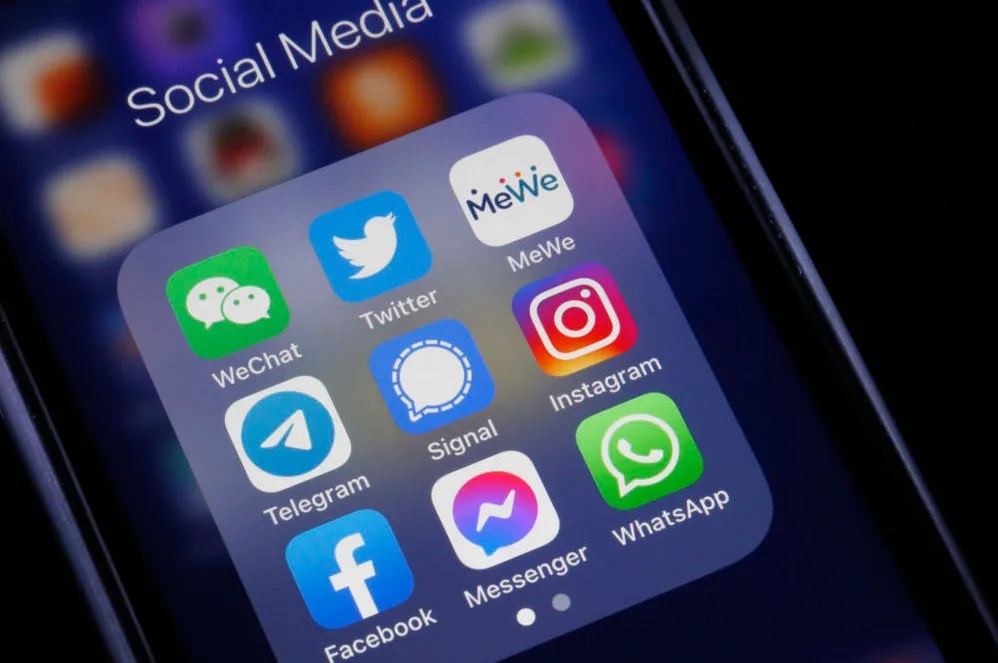The pen and paper may seem antiquated for taking private notes. However, there are some key advantages that paper notebooks still have over digital options when it comes to security and privacy. Here are four reasons why paper still is a smart choice for sensitive information.
- No digital trail
When you write in a paper notebook, there is no digital record of what you wrote. Your private thoughts stay completely off the grid – no chance of hacking, data breaches, or surveillance. With digital devices like smartphones, laptops, and tablets, your data is inherently more vulnerable. Unless you go to great lengths to secure and encrypt your device, there is always a risk that your private notes could be accessed, stolen, or compromised. Paper eliminates this risk.
- Minimal metadata
Digital files contain metadata – information about the file itself that you may not realize is there. For note apps or word processing programs, metadata includes details like when you created or edited the file, how long you spent writing it, and even where you were located. This metadata be retrieved by others, even if they don’t have access to the actual content of your notes. With a paper notebook, there is no metadata to begin with. The only information contained is the literal words on the page in front of you.
- No accounts or logins
Digital note apps often require you to create an account and log in. This ties your notes directly to your identity. If the service has a data breach, it could compromise your privacy even if the content of the note itself wasn’t accessed. With a paper notebook, no accounts or passwords are standing between you and your private thoughts. As long as you have physical possession of the notebook, you have sole access.
- True offline access
Is a private notepad app safe? Digital devices still rely on the internet, cell service, wifi, batteries, and hardware to function. If any of those go down, you lose access to your notes. With a paper notebook, you cut out the middleman technology. As long as you have the notebook physically with you, you access your notes anytime, anywhere. No wifi network, cell towers, cloud accounts, or electrical power is required. It’s truly offline and direct access.
Advanced strategies for security
If you’re serious about maintaining the security of your private written notes, here are some additional precautions you can take:
- Use a cipher or code- Develop a simple letter substitution code that only you know, so even if someone accesses your notebook they can’t read your notes.
- Write in invisible ink-Use lemon juice or other household acids and bases to write notes that are invisible until heated. This adds an extra layer of protection.
- Use a safe or lockbox– Keep your notebook secured in a safe, lock box, or other enclosure that requires a key or combination to access.
- Burn after reading– Treat your notebook like a Mission: Impossible document and burn the pages after use to eliminate the evidence.
- Use steganography– Hide notes within other content, like writing in the pixels of an image or the whitespace of a newspaper article.
These techniques may seem extreme, but for some high-risk situations, they could be warranted to ensure privacy. The great thing about paper is that you can get as creative as you want when adding security layers, without the limitations of digital tools.



